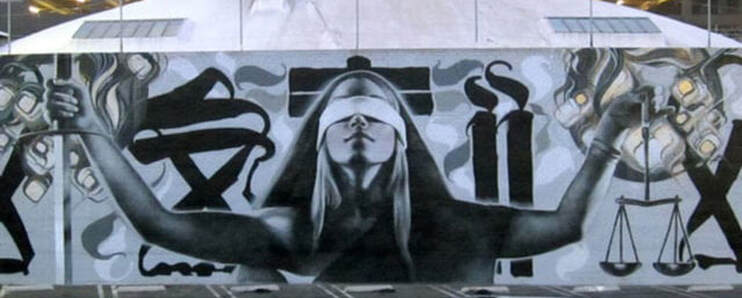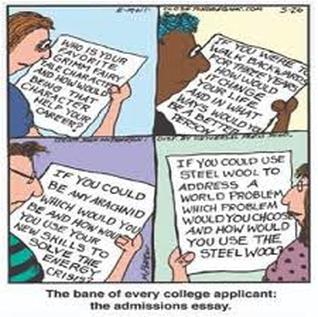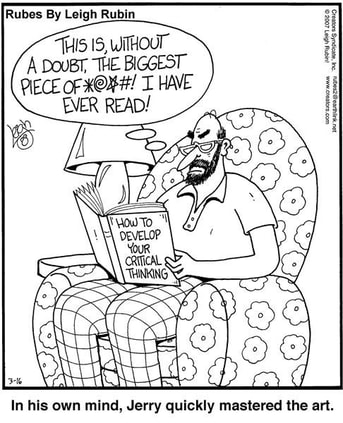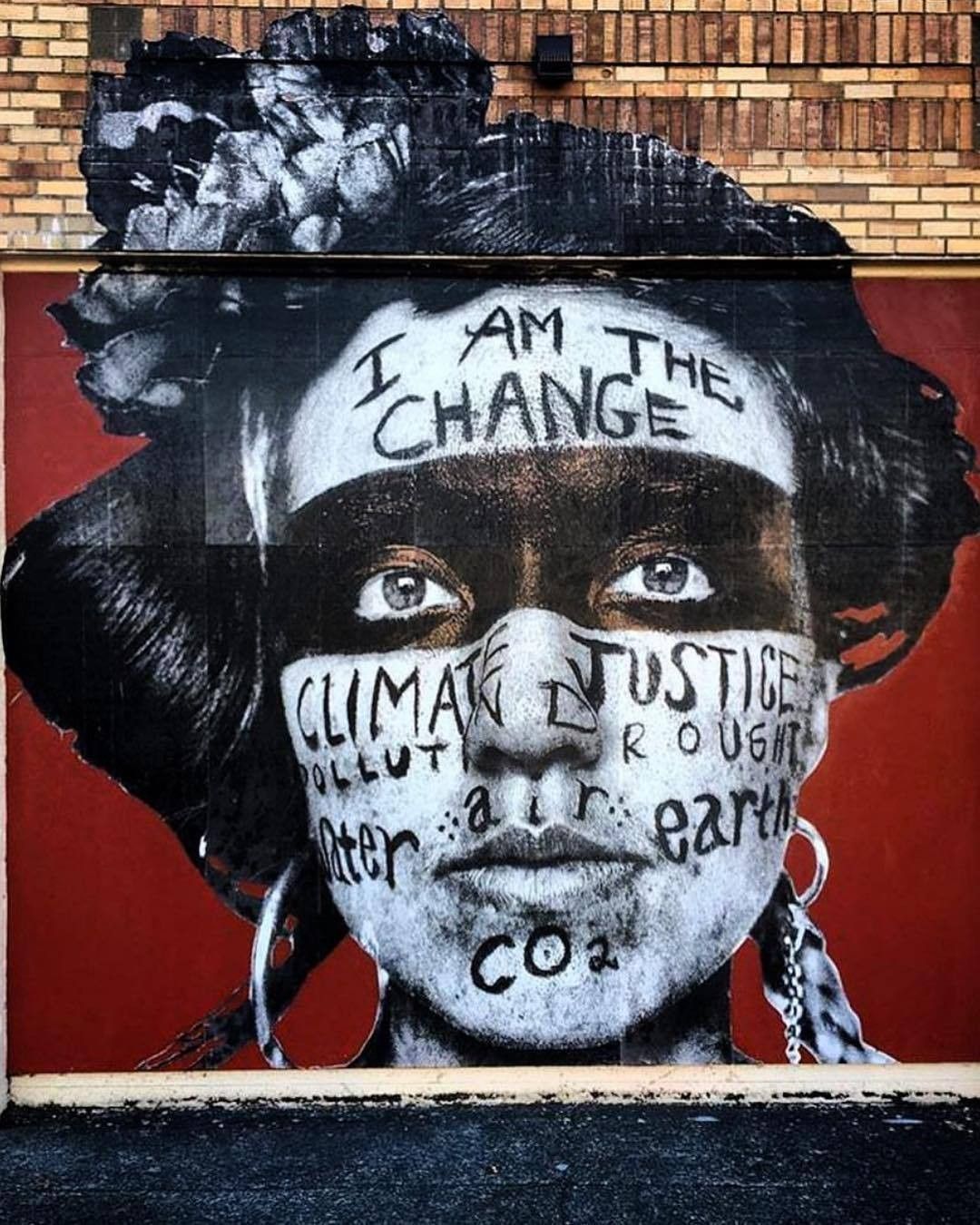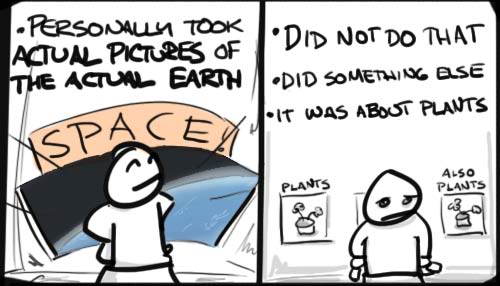"Education is the most powerful weapon which you can use to change the world." -Nelson Mandela
WELCOME TO HUMANITIES 12
|
We will apply these critical thinking skills in many ways, through an in-depth exploration of the question: What is Justice?, to improving our own meta-cognition and awareness of our academic identities, to developing an inspired and inspiring Senior Project that seeks to impact the community by solving a problem or filling a need.
First Semester In the first semester, students will study a diverse array of philosophies of justice and apply those philosophies to various case studies pertaining to Environmental and Racial Injustices. They will work to develop their own authentic and well-reasoned philosophy of justice as it relates to an issue about which they are passionate. Second Semester In the second semester, students will use the Senior Project to put their critical thinking skills to work on a burning question they have. In the process, not only will they develop the research and writing skills necessary for success in college-level coursework, but they will also have a better sense of who they are as learners and agents of change in a diverse and complex world. |
College Essay Boot Camp In our first project of the year, we will be tackling the very real problem of how to make colleges like you in 300-500 words. For the first two weeks of class, we will engage in a college-essay boot camp. This will allow me to get a baseline assessment on your writing skills, and will allow you to knock a major task off your college application to-do list. For those overachievers (who have already finished their essays) and iconoclasts (who are taking a different path) out there, you will have the option to write a scholarship essay, or to work on a piece of narrative non-fiction to hone your writing skills. |
The Justice Project“The question of socialism or communism or capitalism or between the left and right – I think the important question is between the industrial society and the earth-based society [….] What right does society have to the wealth? What is the relationship between that society and the land from which it got its wealth? Those are the questions that should be asked.”- Winona LaDuke, Anishinaabe Native American activist, environmentalist, economist and writer
20th century moral and political philosopher, John Rawls, said, “Justice is the first virtue of social institutions”. However, justice is hard to define. Through this project, we will deconstruct what justice means according to moral and political philosophers as we explore the essential question, what is justice? We will begin by studying several philosophies that have most influenced the US legal and political systems (Utilitarianism, Libertarianism, Deontology and John Rawls’ Justice as Fairness). We will then branch out to critical examine those philosophies by exploring the difference between individualism and collectivism, the Dalai Llama’s philosophy of “compassion as justice”, various perspectives on environmental justice, including both an eco-centric view and indigenous perspectives on the inter-relatedness of humans and non-human life. We’ll contemplate just how far our obligation to justice extends: To our families? Local communities? Nations? Other countries? Other lifeforms?
|
We’ll do all of this through various case studies examining the intersection of Environmental, Economic and Racial Justice.
Together, we’ll come up with an idea for a final project that enables students to cultivate their own philosophy of justice and apply it to an issue about which they are passionate. |
|
Senior Project
This is the big one! For the entire second semester, you will be exploring a topic of your choosing, both through academic research and writing, and through a self designed project. Your senior project will have three main parts:
|
